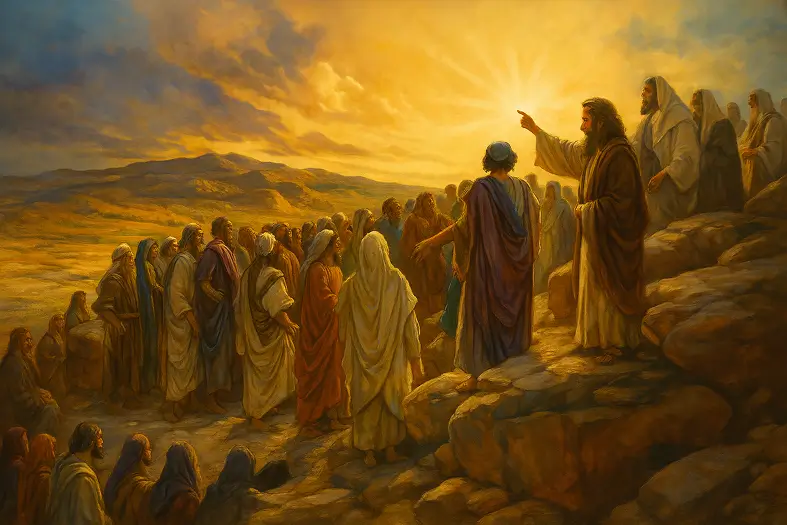


It is forbidden to test a true prophet by demanding proofs beyond what Torah prescribes.
This mitzvah forbids testing Hashem or His prophets with excessive conditions. Rambam (Sefer HaMitzvot, Negative Commandment 64; Hilchot Yesodei HaTorah 10:5) explains that once a prophet has been verified by the Torah’s criteria, it is prohibited to subject him to unnecessary trials.
Sefer HaChinuch (Mitzvah 429) explains that this mitzvah preserves faith and prevents cynicism — demanding endless proofs erodes reverence for prophecy. The Talmud (Sanhedrin 89b) warns that one who continues testing a prophet after he has been verified is guilty of rebellion against Hashem. Rashi (Deut. 6:16) interprets the verse in context of Massah, when Israel tested Hashem by demanding water, showing that testing prophets mirrors doubting Divine providence. Ramban emphasizes that proper reverence requires trust in Hashem’s appointed messengers without unnecessary challenge.
Commentary & Classical Explanation:
Contrast with Listening to Prophets (Mitzvah 9):
Parallel to Faith in Hashem (Mitzvah 1):
Parallel to Mitzvah 43 (Not to listen to a false prophet):
Trust Without Over-Testing
Faith in Divine Mission
Guarding Against Spiritual Skepticism
Respect for Torah Transmission
Balancing Trust with Caution


Associated with belief in and obedience to G‑d’s prophets, as well as reverence for their role in transmitting Divine truth.
Represents Emunah—the deep, inner trust in Hashem’s presence, oneness, and constant involvement in our lives. This badge symbolizes a heartfelt connection to G-d, rooted in belief even when we cannot see. It is the emotional and spiritual core of many mitzvot.
Used for mitzvot that reflect Judaism’s foundational principles—belief in G-d, reward and punishment, prophecy, Torah from Heaven, and more. These commandments shape the lens through which all others are understood.
Signifies awe and reverence toward Hashem—living with awareness of His greatness and presence.
Mitzvot that define and deepen the relationship between a person and their Creator. These include commandments involving belief, prayer, Shabbat, festivals, sacrifices, and personal holiness — expressions of devotion rooted in divine connection.

Dive into mitzvos, prayer, and Torah study—each section curated to help you learn, reflect, and live with intention. New insights are added regularly, creating an evolving space for spiritual growth.

Explore the 613 mitzvos and uncover the meaning behind each one. Discover practical ways to integrate them into your daily life with insights, sources, and guided reflection.

Learn the structure, depth, and spiritual intent behind Jewish prayer. Dive into morning blessings, Shema, Amidah, and more—with tools to enrich your daily connection.

Each week’s parsha offers timeless wisdom and modern relevance. Explore summaries, key themes, and mitzvah connections to deepen your understanding of the Torah cycle.